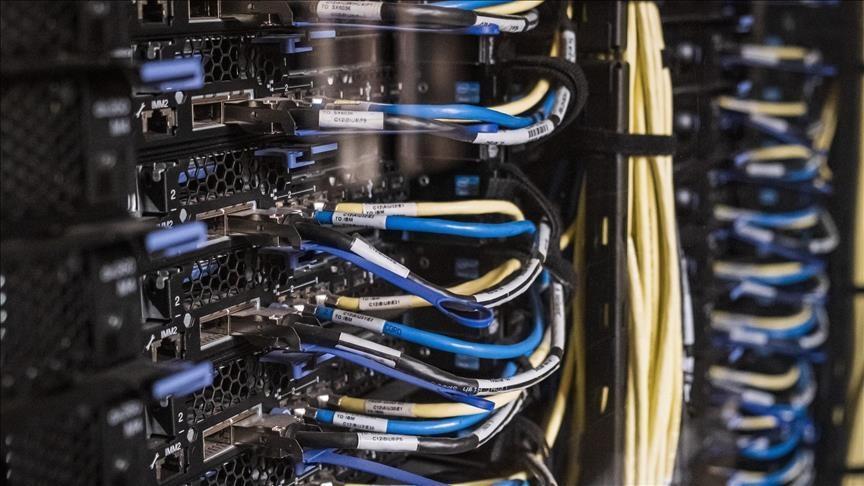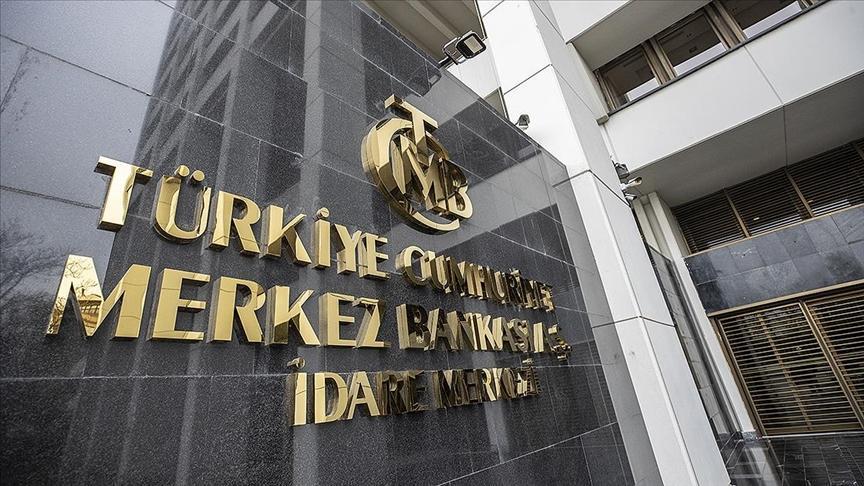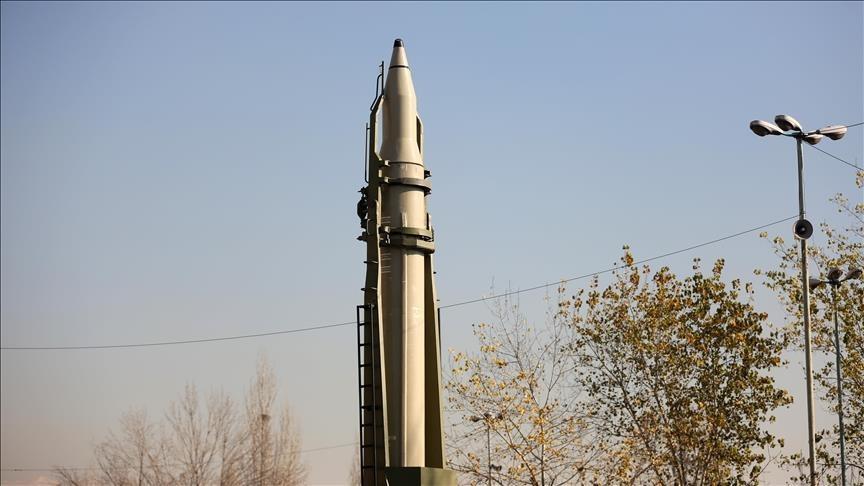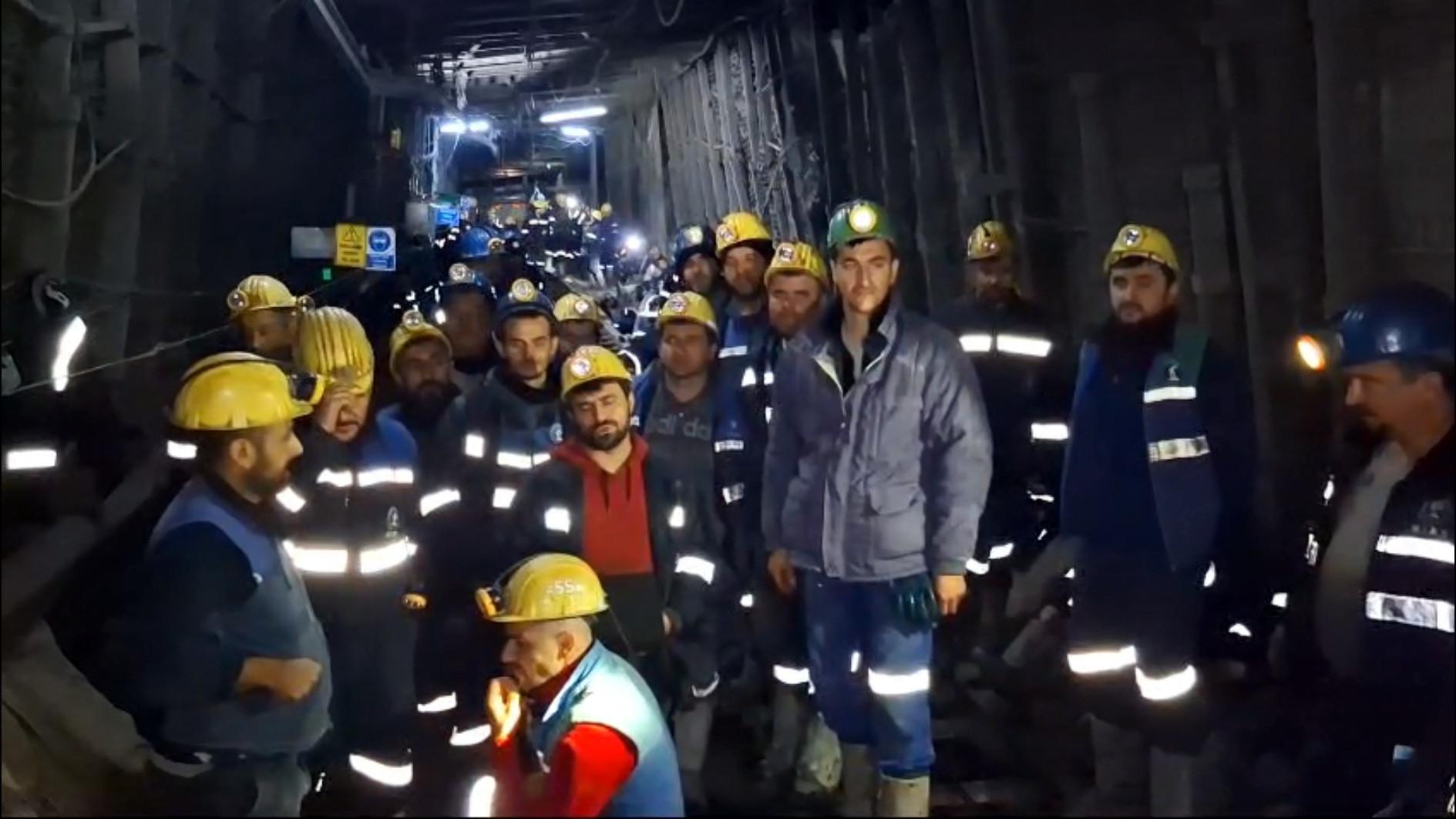Palestinian inmates sneak sperm out of Israeli jails
NABLUS, Palestinian Territories - Agence France-Presse

Hürriyet Photo
A Palestinian medical centre said on Wednesday it had successfully carried out artificial insemination procedures by sneaking out the sperm of four Palestinians jailed by Israel."The successful experience of detainee Ammar Ziben encouraged other prisoners who managed to sneak out their sperm," the head of the Razan fertility clinic in Nablus, Dr Saalem Abu al-Kheizaran, told a news conference.
Ziben, who is serving 32 life sentences in an Israeli prison, had smuggled a sperm sample to his wife and in August a boy was born to the couple by Caesarian section.
Asked to comment on the announcement, Israel prison services spokesperson Sivan Weizman told AFP she "is aware of these rumours" but added she was "very sceptical" that it had taken place because of restrictions on prison visits.
Palestinian prisoners are not permitted to receive conjugal visits.
But Kheizaran said that over the past few months his medical centre had received "dozens of (sperm) samples, some of which were not viable because they had not been stored adequately." "But we were able to use the others for insemination... and now we have had four successes," he told reporters.
Ziben's wife Dallal attended the news conference along with the pregnant wives of four other Palestinian prisoners. Kheizaran said they all became pregnant thanks to this procedure.
"The samples were received in an accurate and sure fashion in the presence of family members of the spouses," he said, adding that other samples had been frozen to be used later.
One of the pregnant women present, Ramah Silawi, said that her husband Osama al-Silawi, 55, has been serving four life sentences since 1993.
The Israeli prison services spokesperson said that for artificial insemination to be successful one must "act quickly because sperm retains its reproductive qualities for a very short period of time." "The women who do come to the prisons don't have direct contact with the detainees and when they leave they must pass through controls," Weizman added.
















